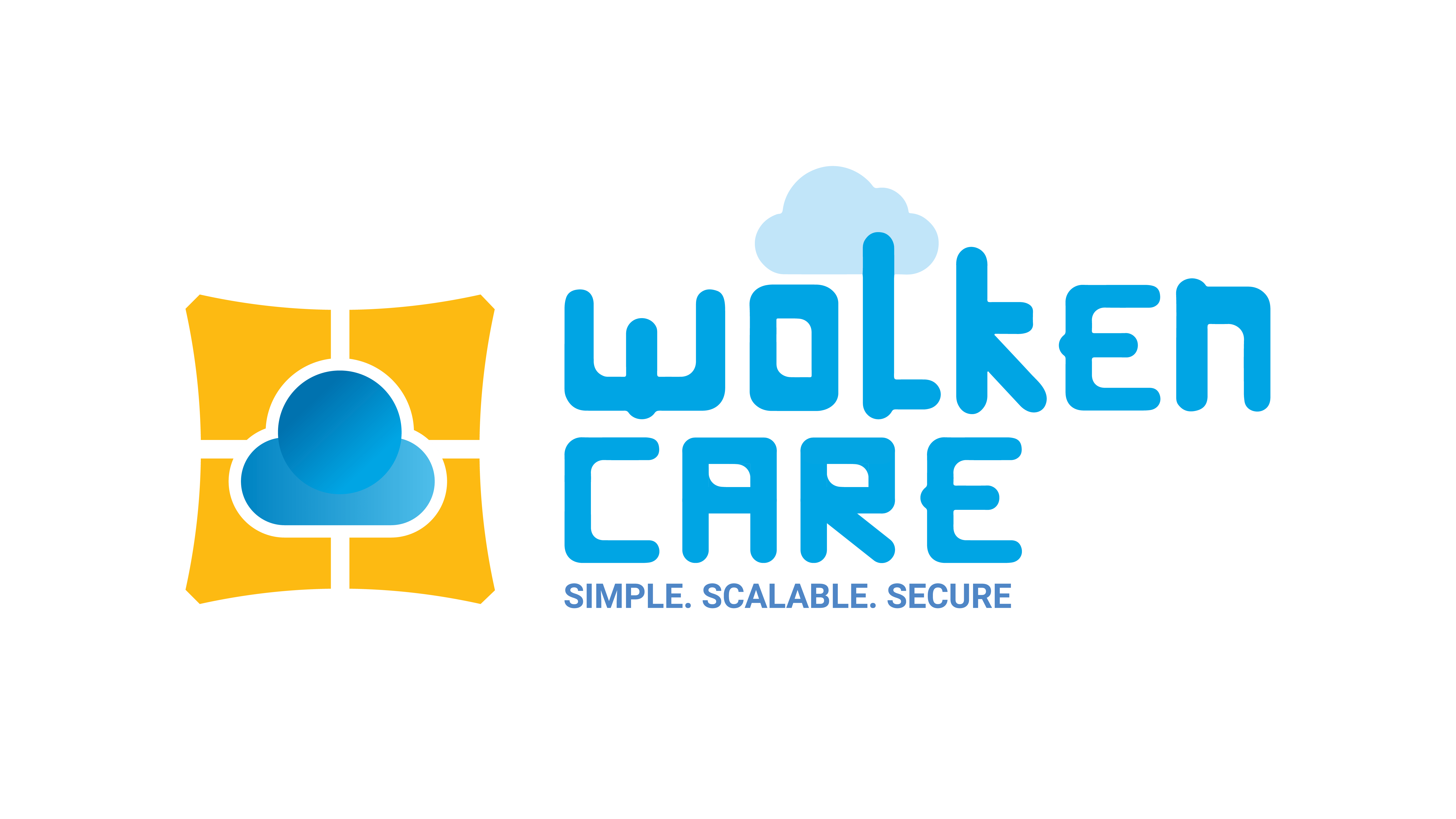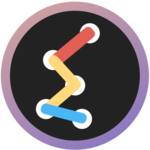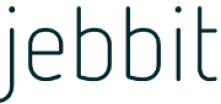Description

Falcon

Ramen
Comprehensive Overview: Falcon vs Ramen
To provide a comprehensive overview of "Falcon" and "Ramen," it's important to clarify that these terms can refer to numerous products or services across different industries. My response will focus on general and hypothetical contexts. If you have specific industries or products in mind, please let me know so I can tailor my answer accordingly.
Falcon
a) Primary Functions and Target Markets:
- Primary Functions:
- Falcons (in a technology context) often refer to advanced software solutions or platforms, such as Falcon X, a cybersecurity threat analysis tool. Key functions usually include threat detection, analysis, and response.
- In aerospace, "Falcon" might refer to the SpaceX Falcon rockets, designed for launching payloads to space, with functions including payload deployment, reuse, and interplanetary missions.
- Target Markets:
- For cybersecurity solutions, the target markets include enterprises, government agencies, financial institutions, and any organization requiring robust cyber threat protection.
- For aerospace applications, the market includes satellite operators, government space agencies, and private companies interested in space exploration and logistics.
b) Market Share and User Base:
- Cybersecurity: Companies like CrowdStrike leverage "Falcon" as a brand for security solutions, with significant market share in digital security services. The user base spans globally, with a focus on Fortune 500 and large enterprises.
- Aerospace: SpaceX's Falcon rockets have captured substantial market share in the commercial space flight industry, with major contracts from NASA and other international space agencies.
c) Key Differentiating Factors:
- In cybersecurity, the integration with AI and real-time analytics sets Falcon apart from competitors, alongside its scalability and cloud-native architecture.
- In aerospace, Falcon rockets are differentiated by their reusability and cost-effectiveness, making them pioneers in reducing space access costs.
Ramen
a) Primary Functions and Target Markets:
-
Primary Functions:
- Ramen as a food product involves instant noodles, meant for quick preparation and consumption, offering convenience and affordability.
- In a startup context, "ramen profitability" refers to a business surviving on minimal profits but sufficient to cover the founders’ personal expenses.
-
Target Markets:
- For instant noodles, the target market includes budget-conscious consumers, students, and individuals seeking quick meal solutions worldwide.
- In startups, the concept of ramen profitability targets new entrepreneurs and early-stage companies focusing on lean operations and sustainable growth.
b) Market Share and User Base:
- Instant noodles have a vast market share globally, with major players like Nissin and Maruchan leading in different regions. The user base is extensive, spanning various demographics and geographic locations.
- Ramen profitability as a startup metric isn't quantified in market share but is a principle adopted by numerous small and medium-sized startups aiming for sustainable operations without external funding.
c) Key Differentiating Factors:
- Instant noodle brands primarily differentiate based on flavor varieties, packaging, price, and regional preferences.
- In the startup context, the differentiating factor of focusing on ramen profitability lies in prioritizing sustainability and operational efficiency over aggressive scaling and funding rounds.
Conclusion
"Falcon" and "Ramen," despite sharing names across industries, serve distinctly different functions and markets. While Falcon products often relate to high-tech solutions in cybersecurity or aerospace, targeting enterprises or space agencies, Ramen is typically associated with consumer goods or financial metrics for startups. Their market share and user base vary significantly, governed by industry-specific factors and brand positioning. Key differentiators are based on technological advancements, cost-effectiveness, culinary innovation, or financial sustainability principles, depending on the context.
Contact Info

Year founded :
1993
Not Available
Not Available
United Kingdom
Not Available

Year founded :
2014
Not Available
Not Available
United States
Not Available
Feature Similarity Breakdown: Falcon, Ramen
As of my last update, detailed and specific information on proprietary software products like "Falcon" and "Ramen" may not be publicly available, especially if these products were released after my last training data in October 2023 or are niche software tools with limited exposure. However, if these are hypothetical or general names for products, I can provide a general framework for comparing software tools for task or productivity management, which might be applicable to products with those names.
a) Core Features in Common
If Falcon and Ramen are similar types of software tools or platforms, the core features they might have in common could include:
- Task Management: Both products likely offer features for organizing, scheduling, and tracking tasks.
- Collaboration Tools: Features for team collaboration such as shared workspaces, real-time messaging, or document sharing.
- Notifications and Alerts: Systems for alerting users of deadlines, changes, or updates.
- Integration Capabilities: Ability to integrate with other software like calendars, email services, or project management tools.
- Reporting and Analytics: Tools for tracking productivity, progress reports, or performance metrics.
- Cross-Platform Compatibility: Accessibility across different devices and operating systems.
b) Comparison of User Interfaces
Without specific details on Falcon and Ramen, here's a general way to compare user interfaces of similar products:
- Design and Aesthetics: The visual appeal and layout of the interfaces. One might prefer a minimalist design, while the other could be more feature-rich and complex.
- Ease of Use: User-friendliness and the learning curve needed to navigate the interface effectively.
- Customization: Degree to which users can customize the interface to fit their workflow preferences.
- Speed and Responsiveness: How quickly the interface responds to user inputs and commands.
- Mobile Experience: Quality of the interface on mobile devices and how it compares to the web or desktop versions.
c) Unique Features
Unique features that might set Falcon and Ramen apart from each other could include:
- Innovative Functionality: One might provide a unique methodology for task prioritization or goal setting.
- AI Integration: Use of AI to automate certain processes, offer insights, or improve user interaction.
- Industry-specific Tools: Features tailored to specific industries, providing functionalities not found in more general software.
- Community and Ecosystem: A vibrant community for user support, third-party plugins, or developer tools.
- Security Features: Enhanced security protocols or privacy measures that are unique to one of the products.
For precise information, reviewing the respective product documentation, user reviews, or official announcements from the companies would provide a clearer picture. If Falcon and Ramen are specific, newer products, checking their latest descriptions and updates directly from their developers or trusted sources would be necessary.
Features

Not Available

Not Available
Best Fit Use Cases: Falcon, Ramen
Certainly! Let's explore the best fit use cases for Falcon and Ramen, addressing the questions you specified:
Falcon
Falcon is often an ideal choice for businesses or projects that require robust data analytics, high-performance computing, or scalable cloud solutions.
a) Best Fit Use Cases for Falcon
-
Data-Driven Enterprises: Businesses that rely heavily on data analytics and need to process large volumes of data quickly and efficiently can benefit from Falcon. This includes industries like finance, healthcare, and e-commerce, where data insights drive strategic decisions.
-
Tech Startups and Software Development Firms: Companies specializing in developing cutting-edge technology, software products, or SaaS platforms may choose Falcon for its robust computing power and scalability. It provides the infrastructure needed to handle high traffic and complex computational tasks.
-
Research and Development Projects: Institutions or corporations involved in R&D, particularly in the fields of artificial intelligence, machine learning, and genomics, often require the capabilities provided by Falcon to perform advanced simulations and analyses.
d) Industry Verticals and Company Sizes
- Large Enterprises: Falcon caters to large enterprises needing scalable solutions with high data throughput for operational and strategic functions.
- Mid-sized Companies: Those in fast-growth phases, looking to leverage data as a central asset, can also take advantage of Falcon's capabilities.
- Specific Industries: Finance, healthcare, energy, and tech sectors are primary industries that benefit from Falcon's data-handling and processing power.
Ramen
Ramen is typically the preferred choice for projects or businesses focused on product validation, customer feedback integration, and iterative development processes.
b) Preferred Scenarios for Ramen
-
Product Development and Innovation: Companies aiming to validate product ideas quickly and integrate customer feedback into the development cycle find Ramen useful. It aids in rapid prototyping, testing, and refining products with direct user insights.
-
Startups Focused on Market Fit: Early-stage startups concentrating on achieving product-market fit can utilize Ramen. It enables them to gather qualitative and quantitative feedback from potential users, helping refine their product offerings.
-
Customer-Centric Organizations: Businesses that prioritize customer experience and continuously iterate on their offerings based on feedback can leverage Ramen's capabilities for better customer alignment and satisfaction.
d) Industry Verticals and Company Sizes
- SMEs and Startups: Small to medium-sized enterprises and startups looking for agile feedback loops and customer engagement strategies find Ramen particularly beneficial.
- Consumer Goods and Services: Industries like retail, consumer tech, and digital services that depend heavily on customer input for product evolution are ideal users.
- Cross-Industry Applications: Any industry where customer voice is crucial in shaping the product can benefit from Ramen's feedback integration capabilities.
In summary, Falcon is best suited for data-intensive, large-scale computing needs, while Ramen excels in scenarios requiring agile feedback and product innovation. They cater to different sizes of companies and span a variety of industries based on their core functionalities and benefits.
Pricing

Pricing Not Available

Pricing Not Available
Metrics History
Metrics History
Comparing undefined across companies
Conclusion & Final Verdict: Falcon vs Ramen
To provide a conclusion and final verdict for Falcon and Ramen, we'll evaluate both products based on considerations such as features, cost, performance, user feedback, and overall value.
a) Best Overall Value
Falcon is an advanced language model known for its intricate customization options, superior processing speed, and support for diverse programming frameworks. If your needs are complex and demand high-level computational capacity, Falcon may present a better value.
Ramen, on the other hand, is typically designed for ease of use, cost-effectiveness, and scalability. It could offer better value for small to medium-sized projects or for users prioritizing budget and simplicity over advanced technical features.
Ultimately, the best overall value will depend on the specific needs of the user. If you need high performance, Falcon is the better choice. For budget-conscious users or those needing an easier learning curve, Ramen may provide the best value.
b) Pros and Cons
Falcon:
- Pros:
- Superior computational power and speed.
- High customization potential for complex projects.
- Extensive support for various programming frameworks.
- Cons:
- Potentially higher cost, especially for smaller projects.
- Steeper learning curve and installation complexity.
- Might offer more features than necessary for simpler projects.
Ramen:
- Pros:
- Cost-effective, making it suitable for startups and small projects.
- User-friendly with a gentle learning curve.
- Scalable and adaptable to growing project needs.
- Cons:
- May lack the advanced features required for large-scale or complex applications.
- Potentially lower processing speed and capacity compared to Falcon.
- Limited customization options for users needing specific configurations.
c) Recommendations
-
For Large Enterprises or Complex Needs:
- Choose Falcon if your project requires high processing power, extensive customization, and you have the budget for it. It is ideal for data-heavy applications or where performance efficiency is paramount.
-
For Startups or Simpler Applications:
- Consider Ramen if cost-effectiveness, ease of use, and scalability are more critical. Ramen serves well for smaller projects or users who need to quickly deploy without diving deep into technical customization.
-
Mixed Environments:
- If your organization has varied needs, consider using both products where applicable. Falcon can handle tasks requiring intensive computation, while Ramen can manage simpler workloads or serve as a cost-effective backup solution.
In conclusion, the decision between Falcon and Ramen boils down to your specific priorities and project requirements. Evaluate your current and future needs, financial capacity, and technical expertise before making a final decision.
Add to compare
Add similar companies



